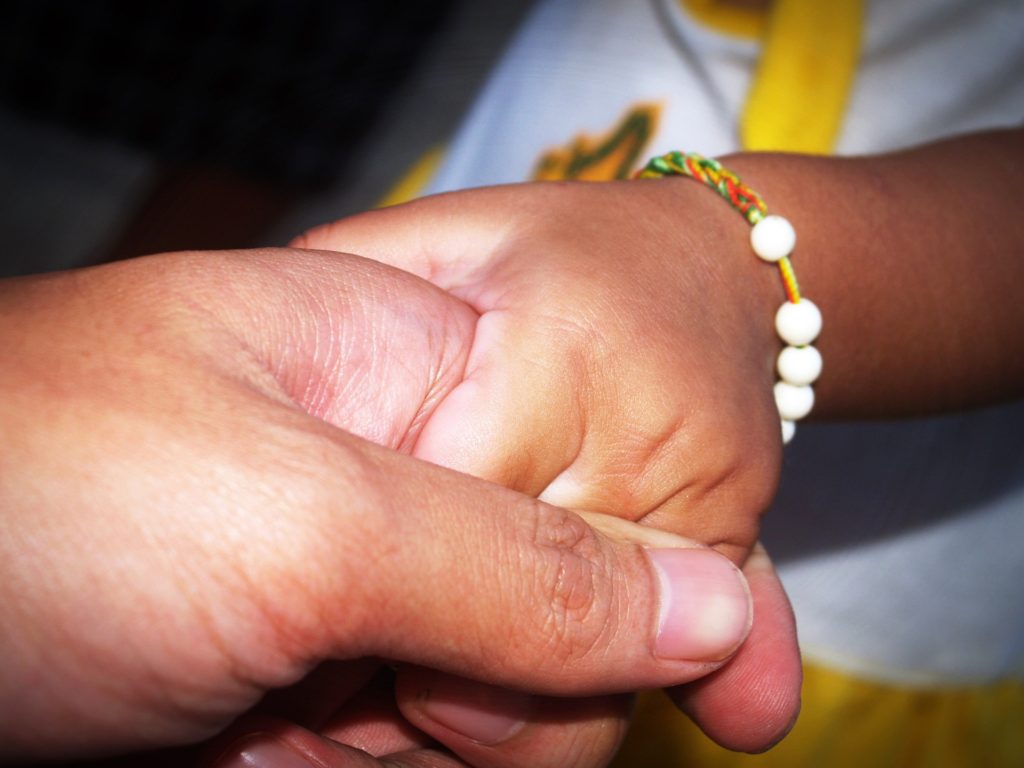I am on a kick this week writing about gut instincts, seriously head on over to BrandyEllen.com to read more on dreams and instincts this week. With that being said, I wanted to take a moment to write about parenting and how it is all about instincts. You see, we can read all of the parenting books out there; we can listen to the advice of our elders. We can go on and on trying to be told or determine what we should be doing at parents but at the end of the day, it’s all about our instincts as a parental unit to our child.

While I am often found lending advice or saying what works for me, how I have seen my autistic son grow with age, this isn’t the case for other parents. We all live in different environments; we all have different morals, values and beliefs. Every single family on this Earth is unique and that is what makes the world we live in so beautiful. In my opinion.
Okay back on topic … parenting is all about instincts.
When you bring this little bundle of joy into this world, you are instantly in love. You want nothing more than to do good by this little bundle of joy and you know that you will always work to be better as a person and a parent each day. The newborn days are tough. You are often tested to see what you can figure out from a simple cry. That baby will cry and sleep very little in the middle of the night yet you somehow figure out what your baby needs. You work through it and you use instincts, believe it or not, to determine what your baby needs!

As your child grows into a toddler, they are more demanding for now they have figured out how to use their voice and you are the lucky one who taught them how to talk. It’s like this catch 22, you teach them to talk and then you want them to stop. Reality is you still have to use your instincts to figure out what is causing your toddler to have a tantrum. You have to figure out what times are best to give the toddler a nap. You have to figure out if your tantrum throwing toddler needs something beyond the immediate moment. Perhaps the toddler needs more positive attention and sure enough they will act out negatively just to get your attention.
Then you get into the days of pre-teens. These are difficult times for the child is shown the path by their peers. They are in school and learning how others interact as a family, what their friends believe in and more than likely they have picked up some bad habits. You have to work with your pre-teen at home to determine where behavioral issues are stemming from. Is there something wrong at school, is your child feeling like they are not good enough? Will your pre-teen talk to you? Maybe, maybe not. You have to again dig deep into that parental gut instinct and know your child to figure out what’s going on.

Last, but certainly not least your role as a parent turns to the raising of a teenager. These years are confusing, difficult and make gut instincts on edge. During the teen years your parental instincts will be tested because you will watch shows, read books and learn more about this stage in childhood. Those teen years could lead you down a path of thinking your child is on drugs because they are anxious, depressed or moody. That’s not always the case. Teenagers are moody, anxious and depressed – it’s their hormones and the stress brought on by high demand of expectations from school.

Eventually you will muster through every stage of parenthood, on your own or with help from loved ones. The children will grow up to tell you what they thought you did wrong and what they thought you did right. You will learn all over again how you were great at following instincts in some scenarios and not so great in others. You will learn that as a parent, you did the best you could fueled by the internal need to keep those children safe. Last, but not least, this process will be repeated all over again when and if you become a grandparent.
